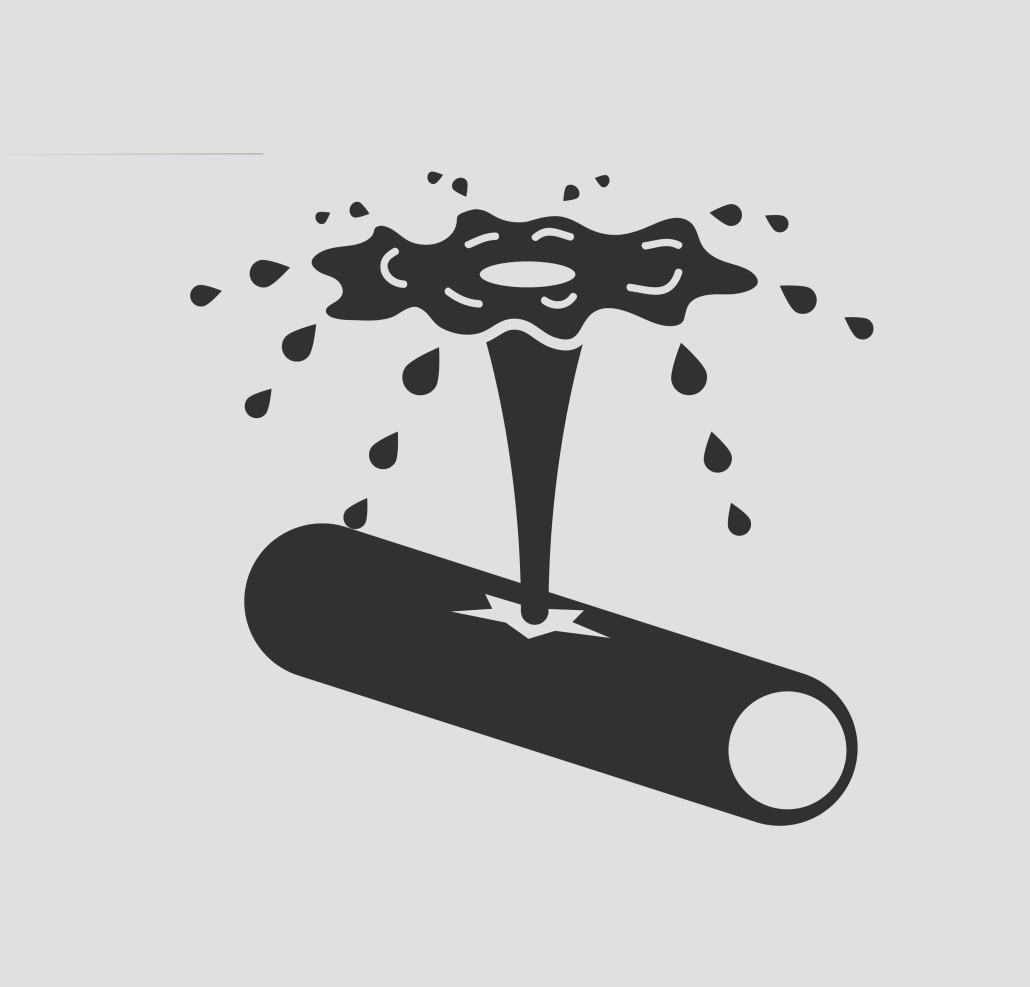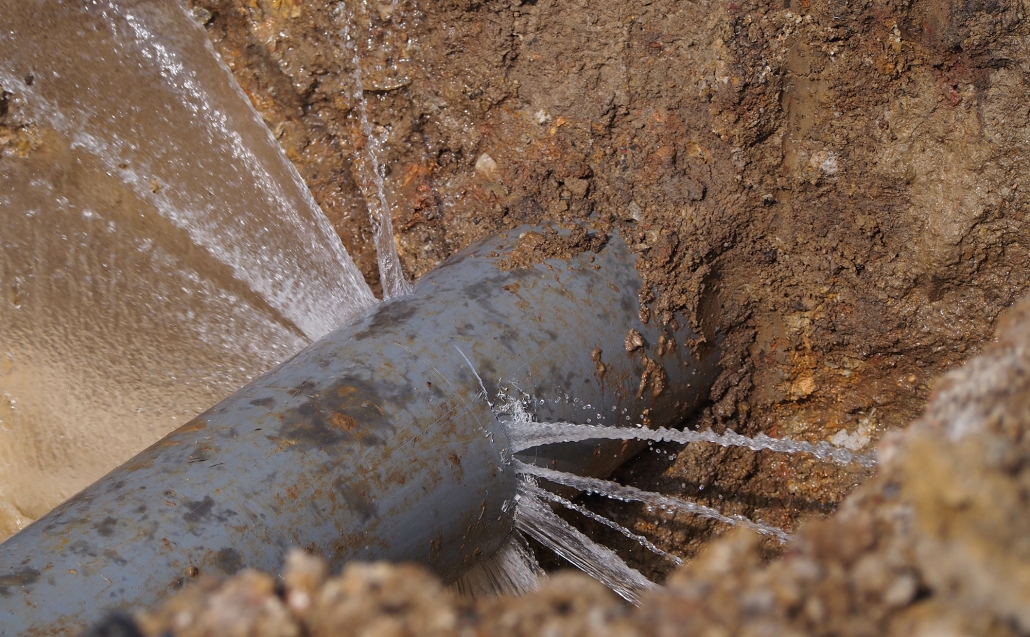How to Prepare for Plumbing Emergencies: A Professional Plumber’s Perspective
Plumbing Emergencies — A plumbing emergency may strike when you least expect it, turning your peaceful home into chaos. While no one likes to think about the potential for water damage or a backed-up sewage system, being prepared can make all the difference in mitigating damage and reducing stress. This guide will explore how to effectively prepare for common plumbing emergencies from a professional plumber’s perspective.
Common Plumbing Emergencies
Before we get into preparation tips, let’s highlight some of the most common plumbing emergencies:
- Burst Pipes: Frigid temperatures may cause pipes to freeze and burst, leading to significant water damage.
- Clogged Toilets: A blocked or overflowing toilet can become messy if not handled promptly.
- Leaky Faucets and Fixtures: While these leaks may seem minor, they can lead to significant water wastage and increased bills over time.
- Sewer System Backup: This unpleasant issue can cause raw sewage to return to your home, posing a health hazard.
- Water Heater Failure: A broken water heater may lead to cold showers and potential flooding in your utility room.

Steps to Prepare for Plumbing Emergencies
- Know Your Plumbing Layout
Understanding your home’s plumbing layout is crucial for dealing with emergencies effectively. Locate and label all critical components, such as:
- Main water shut-off valve
- Individual shut-off valves for sinks, toilets, and appliances
- Water heater
- Sewage cleanout points
Having this information at your fingertips will allow you to act swiftly when an emergency arises.
- Stock Up on Essential Tools
Ensure you have an essential plumbing toolkit to handle minor issues until professional help arrives. Essential tools include:
- Plunger for clogged toilets and drains
- Pipe wrench for loosening or tightening pipes
- Plumber’s tape to seal small leaks temporarily
- A bucket for collecting water
- Learn Basic Plumbing Repairs
Familiarizing yourself with basic plumbing repairs can be incredibly useful. Watch online tutorials or attend a community workshop to learn how to:
- Unclog a toilet or drain
- Replace a faucet washer
- Temporarily patch a leaking pipe
These skills can provide immediate relief before a plumber can address the issue.
- Insulate Your Pipes
Insulating pipes can prevent bursts, especially if you live in an area prone to freezing temperatures. Using foam pipe insulation or heat tape reduces the risk of pipes freezing during winter.
- Regular Maintenance and Inspections
A professional plumber may catch potential issues by scheduling regular maintenance before they escalate. Annual inspections of your water heater, sewer lines, and plumbing fixtures can save you from costly repairs down the line.
- Create an Emergency Plan
Develop a clear action plan that outlines steps to take during various plumbing emergencies. Share this plan with family members or roommates, ensuring everyone knows how to:
- Shut off the main water supply
- Deal with a minor leak
- Contact emergency plumbing services
- Have a Trusted Plumber on Speed Dial
Research and choose a reliable local plumber before an emergency occurs. Their contact information is readily available, which ensures you can get professional assistance as soon as possible.
Conclusion
While plumbing emergencies can be stressful, being prepared may significantly reduce their impact on your home and peace of mind. By understanding your plumbing system, acquiring basic repair skills, and having a plan, you’ll be equipped to handle these situations effectively.
If you need expert assistance or have questions about your plumbing system, don’t hesitate to contact a professional plumber. They’re always ready to help you maintain a safe and functional home.





